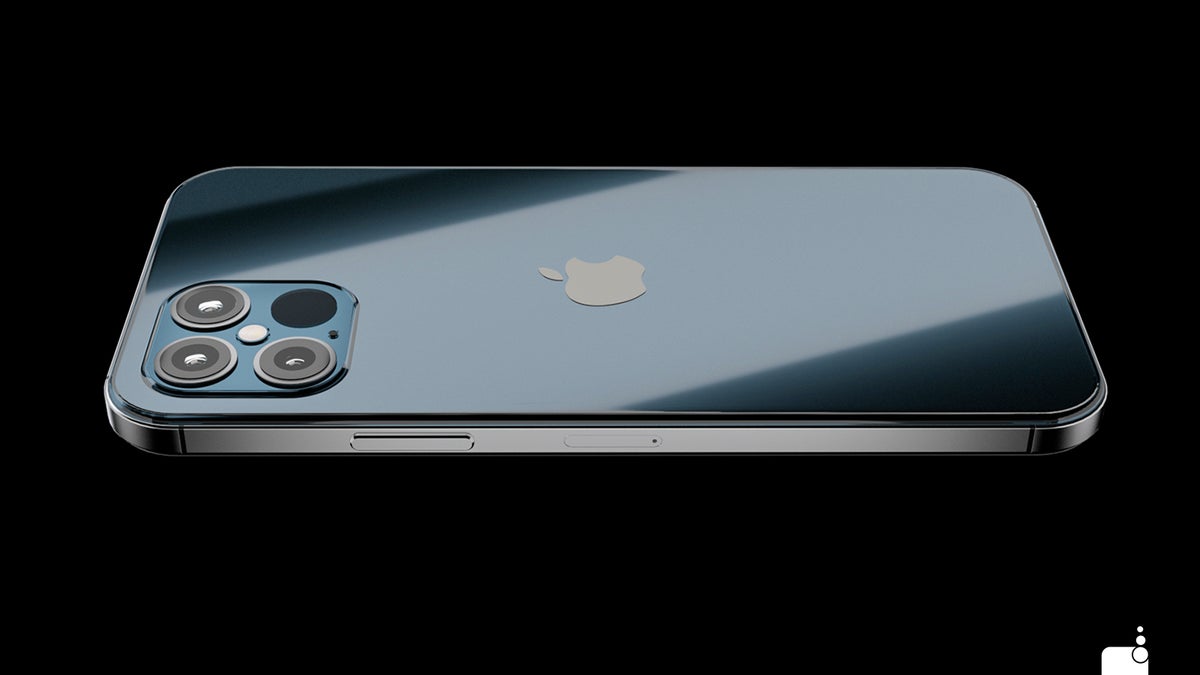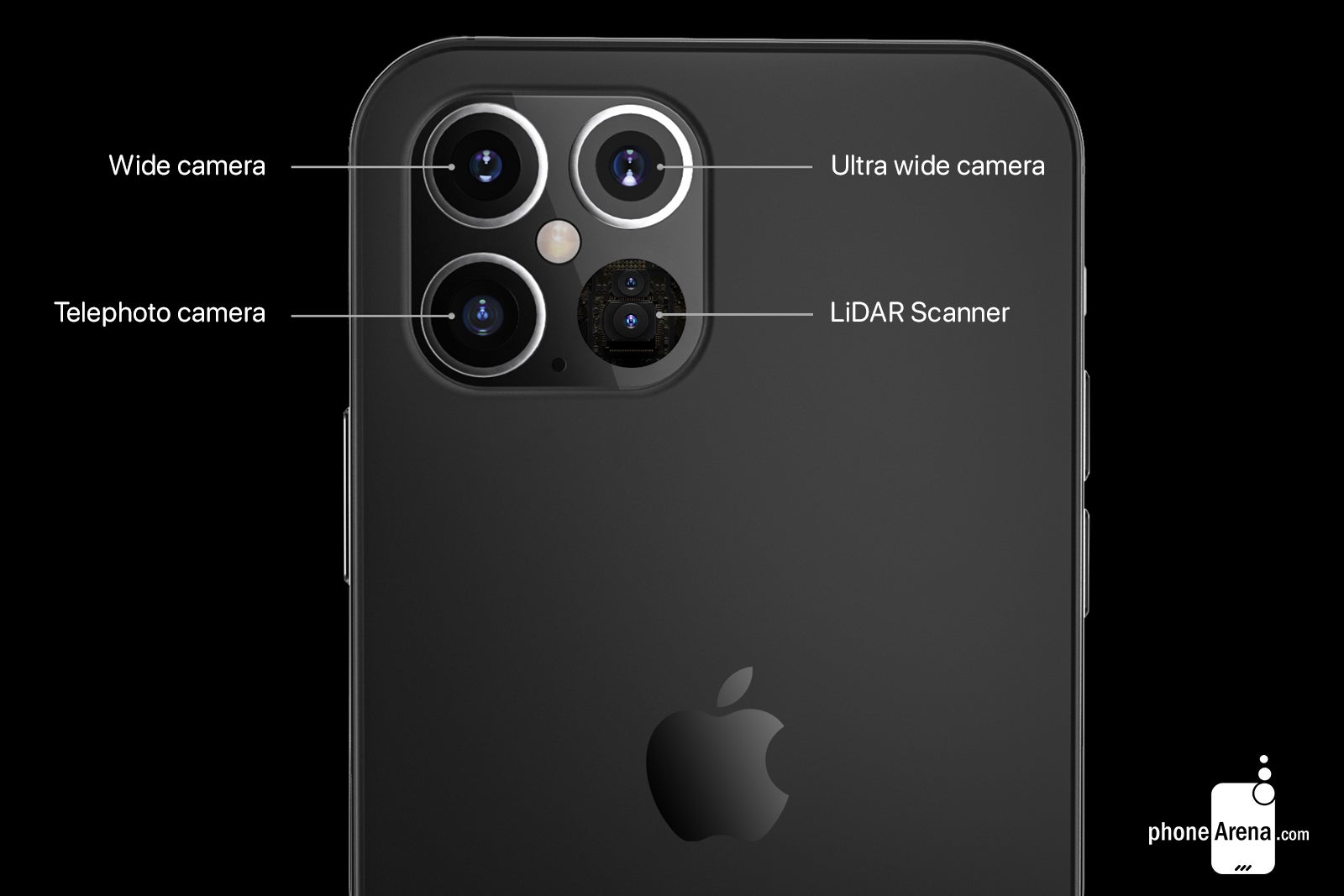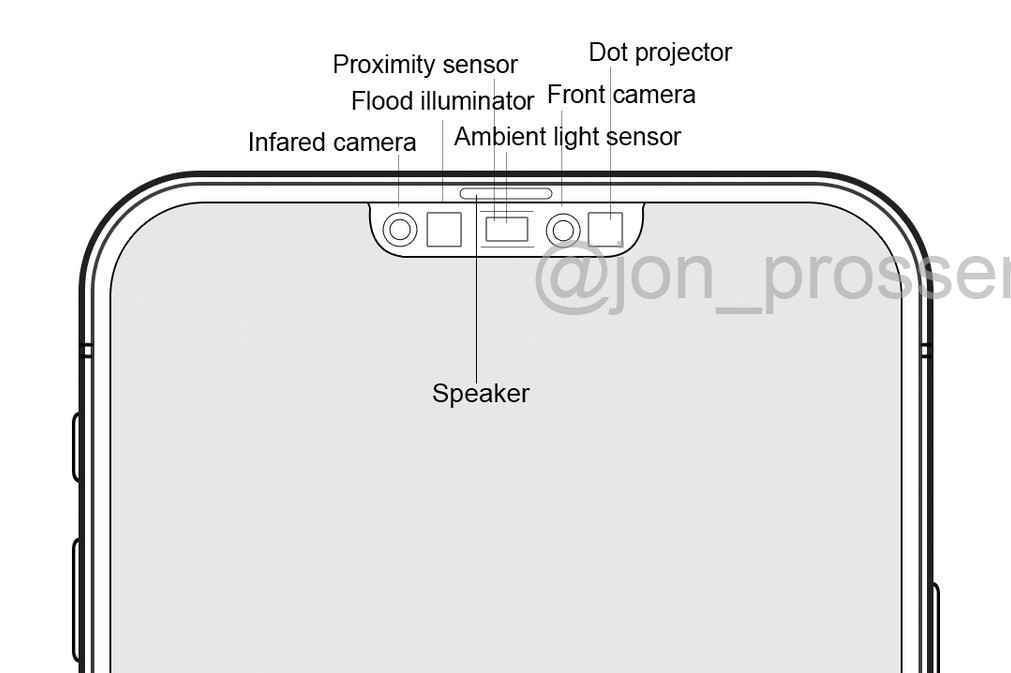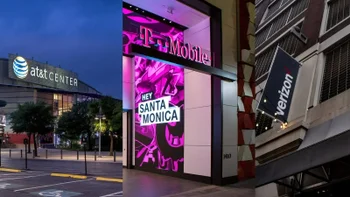US-bound iPhone 12 might have faster 5G, but could be delayed until December

Apple iPhone 12 Pro concept render based on leaks
The US-bound iPhone 12 will have mmWave 5G tech
The iPhone 12 and iPhone 12 Pro are expected to offer 5G connectivity as standard, yet not all 5G technology is equal. Wedbush analysts (via 9To5Mac) see Apple releasing two versions of the iPhone 12 series, one being an international lineup and the other a US-only alternative.

Apple iPhone 12 Pro concept render based on leaks
If COVID-19 further complicates the situation, Wedbush warns that some models could even be delayed until early 2021. That has never happened before and seems unlikely at this stage of development, but it nevertheless remains a possibility.
Apple might delay all iPhone 12 models until at least October
As for the international iPhone 12 and iPhone 12 Pro devices, Wedbush expects these to start reaching consumers in October. If that is the case, Apple may also choose to delay its announcement event until October in an attempt to maintain interest around the devices before the release.
The only time Apple has ever announced a new iPhone in October was 2011, which saw the introduction of the iPhone 4S. Rather coincidentally, the iPhone 12 Pro borrows design cues from that device.
Of course, there is always a downside. Apple is planning to announce several other products alongside its newest iPhones including the rumored 11-inch iPad Air and highly anticipated Apple Watch Series 6, which would likely have to be pushed back a little too.
Ultimately, though, Wedbush thinks the iPhone 12 and iPhone 12 Pro delay is going to be the best decision for sales because the holiday season will be nearer, the global economy will have had more time to recover, and people should be more willing to spend their money.

Alleged iPhone 12 Pro notch schematic
Apple is now expected to ship between 165 million and 185 million iPhones between January and December 2020. That is down around 15% year-on-year but should precede an extremely strong 2021.
Around 350 million iPhones will be in the upgrade window next year, which Wedbush says could lead to a delayed 5G super cycle. A super cycle was previously predicted for 2018 and that never happened, so there’s certainly no guarantees this time around.
Follow us on Google News















Things that are NOT allowed:
To help keep our community safe and free from spam, we apply temporary limits to newly created accounts: